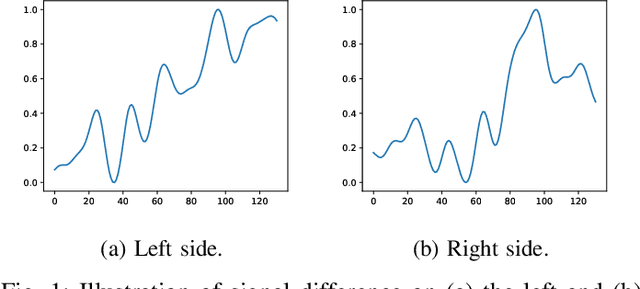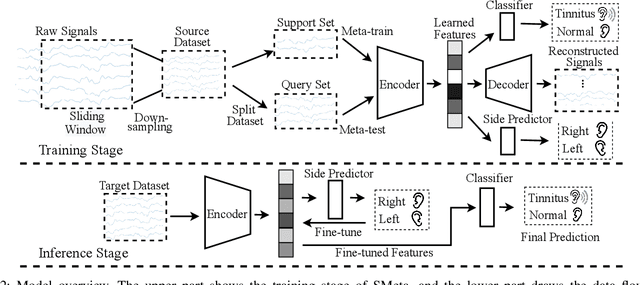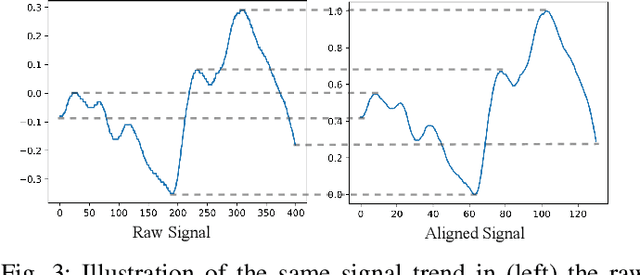Molly Lucas
MEGAN: Mixture of Experts for Robust Uncertainty Estimation in Endoscopy Videos
Sep 16, 2025


Abstract:Reliable uncertainty quantification (UQ) is essential in medical AI. Evidential Deep Learning (EDL) offers a computationally efficient way to quantify model uncertainty alongside predictions, unlike traditional methods such as Monte Carlo (MC) Dropout and Deep Ensembles (DE). However, all these methods often rely on a single expert's annotations as ground truth for model training, overlooking the inter-rater variability in healthcare. To address this issue, we propose MEGAN, a Multi-Expert Gating Network that aggregates uncertainty estimates and predictions from multiple AI experts via EDL models trained with diverse ground truths and modeling strategies. MEGAN's gating network optimally combines predictions and uncertainties from each EDL model, enhancing overall prediction confidence and calibration. We extensively benchmark MEGAN on endoscopy videos for Ulcerative colitis (UC) disease severity estimation, assessed by visual labeling of Mayo Endoscopic Subscore (MES), where inter-rater variability is prevalent. In large-scale prospective UC clinical trial, MEGAN achieved a 3.5% improvement in F1-score and a 30.5% reduction in Expected Calibration Error (ECE) compared to existing methods. Furthermore, MEGAN facilitated uncertainty-guided sample stratification, reducing the annotation burden and potentially increasing efficiency and consistency in UC trials.
Side-aware Meta-Learning for Cross-Dataset Listener Diagnosis with Subjective Tinnitus
May 03, 2022



Abstract:With the development of digital technology, machine learning has paved the way for the next generation of tinnitus diagnoses. Although machine learning has been widely applied in EEG-based tinnitus analysis, most current models are dataset-specific. Each dataset may be limited to a specific range of symptoms, overall disease severity, and demographic attributes; further, dataset formats may differ, impacting model performance. This paper proposes a side-aware meta-learning for cross-dataset tinnitus diagnosis, which can effectively classify tinnitus in subjects of divergent ages and genders from different data collection processes. Owing to the superiority of meta-learning, our method does not rely on large-scale datasets like conventional deep learning models. Moreover, we design a subject-specific training process to assist the model in fitting the data pattern of different patients or healthy people. Our method achieves a high accuracy of 73.8\% in the cross-dataset classification. We conduct an extensive analysis to show the effectiveness of side information of ears in enhancing model performance and side-aware meta-learning in improving the quality of the learned features.
 Add to Chrome
Add to Chrome Add to Firefox
Add to Firefox Add to Edge
Add to Edge